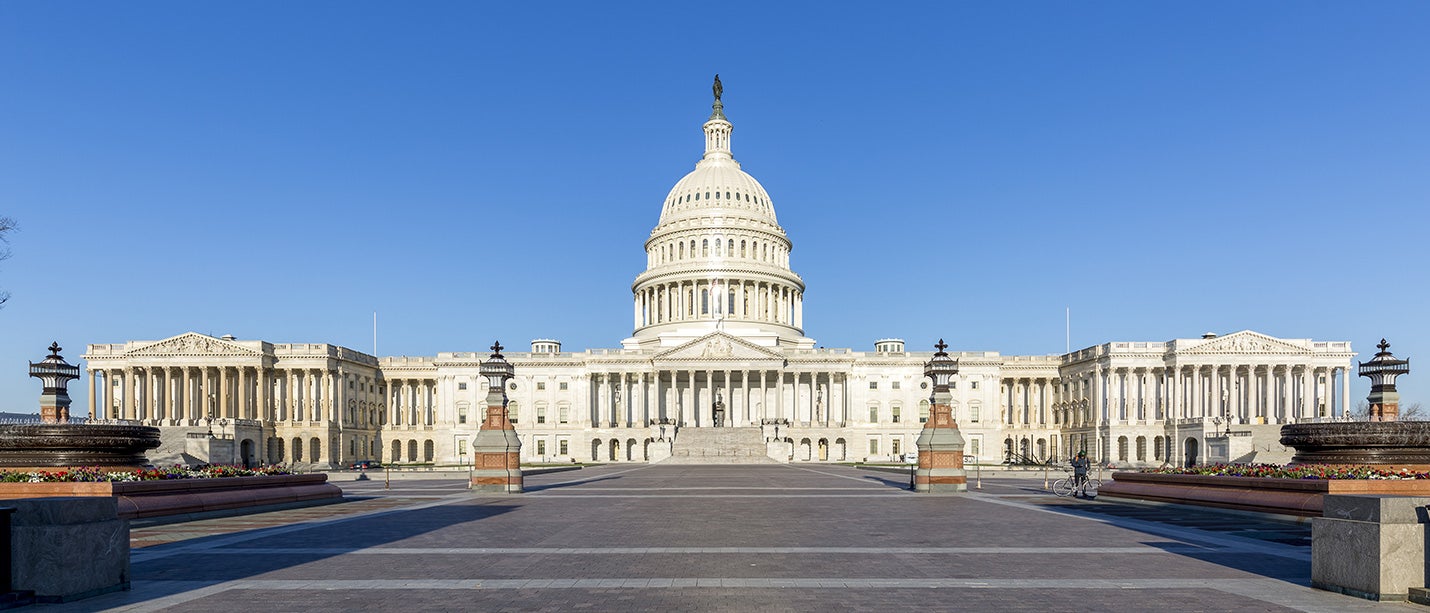NADA Supports a Single National Fuel Economy Standard (CAFE)
ISSUE
The Obama Administration’s fuel economy regime is flawed and does not balance consideration of job loss, consumer choice and vehicle affordability when setting a fuel economy standard. EPA and the California Air Resources Board (CARB) have finalized new fuel economy rules three years early without direct authorization from Congress. The cumulative burden of all the Administration’s fuel economy rules will cost consumers about $3,000 per vehicle.
BACKGROUND
In 2007, Congress directed NHTSA alone to increase fuel economy by 40% under CAFE. However, under the guise of a “National Program,” in 2009 the Obama Administration added two new regulators, EPA and CARB, to also regulate fuel economy. Currently three regulators write three different fuel economy rules pursuant to three different laws. In 2010, the Administration set a 35.5 mpg standard by model year (MY) 2016. EPA regulators again bypassed Congress by announcing a new 54.5 mpg fuel economy standard for MY 2025 vehicles on August 28, 2012.NADA supports allowing NHTSA to continue to regulate fuel economy according to the CAFE program that Congress established, but opposes EPA and CARB enforcing a duplicative set of rules. Additionally, California should not dictate national fuel economy rules that are not directly related to localized criteria pollutants or smog.
KEY POINTS
- EPA and California regulators should not be allowed to dictate fuel economy policy for the nation. Until 2009, Congress set fuel economy policy. Since EPA and CARB do not have to follow the rules set by Congress that consider consumer affordability when setting a fuel economy standard, these agencies have set a new standard that will increase the average price of a new vehicle by about $3,000 in 2025 and shut nearly 7 million Americans out of the new car market.
- NHTSA should write fuel economy rules as Congress directed. EPA has wasted over $25 million since 2007 enforcing their own set of redundant fuel economy rules.

NADA Legislative Affairs
Washington, DC 20003
Resources
- Safer Affordable Fuel-Efficient (SAFE) Vehicles Rule for MY 2021-2026 Passenger…
- NHTSA and EPA Joint Press Release and Fact Sheet on the SAFE Vehicles Rule
- Summary of NADA Fuel Economy Studies
- Study: "Patchwork Proven: Why State Regulation of Fuel Economy Standards Doesn'…
- Summary: "Patchwork Proven: Why State Regulation of Fuel Economy Standards Does…
- NADA Studies Reveal EPA's 2004-2010 Heavy-Duty Truck Emissions Standards Drasti…
